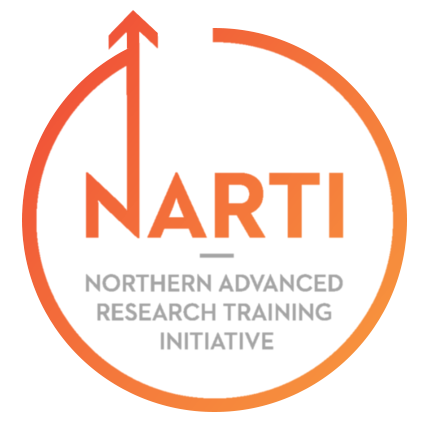Through NARTI and our newly-formed network Writing for Research and Academic Practice (WRAP) network, we will share training and development opportunities that are designed to support the development of academic and social writing. This space will also provide details of forthcoming Structured Writing Retreats (SWRs) that are being organised in the UK and overseas, paper development workshops, publishing seminars and useful resources to support your writing process.
We will officially launch the network in a Summit event on Monday 18th March 2024.



Purpose of the Network
- Research, conduct and promote structured writing retreats (SWRs) as a form of academic development intervention.
- Facilitate the organisation and co-facilitation of SWRs and ‘taster’ retreats
- Mutual mentoring (‘tandem’) between facilitators for peer assessment/mutual learning
- Sharing and exchange of materials/worksheets/frameworks and approaches for workshop elements and tools for writer development during retreats
- Mutual exploration and creation of research opportunities (e.g., coordinating for using retreats/groups for data collection purposes)
- Promotion and discussion of latest research on academic writing development and SWRs and identification of barriers and enablers in engaging in these
- Sharing/promotion of retreat opportunities/offers
- Sharing insights on venues and programme elements for retreats
- Implement robust evaluation of the network and its practices through qualitative and quantitative methods
- Sustainable growth through the access of relevant external funding resource
- Capacity-building as a process of developing and strengthening the skills for academic writing development and practice
